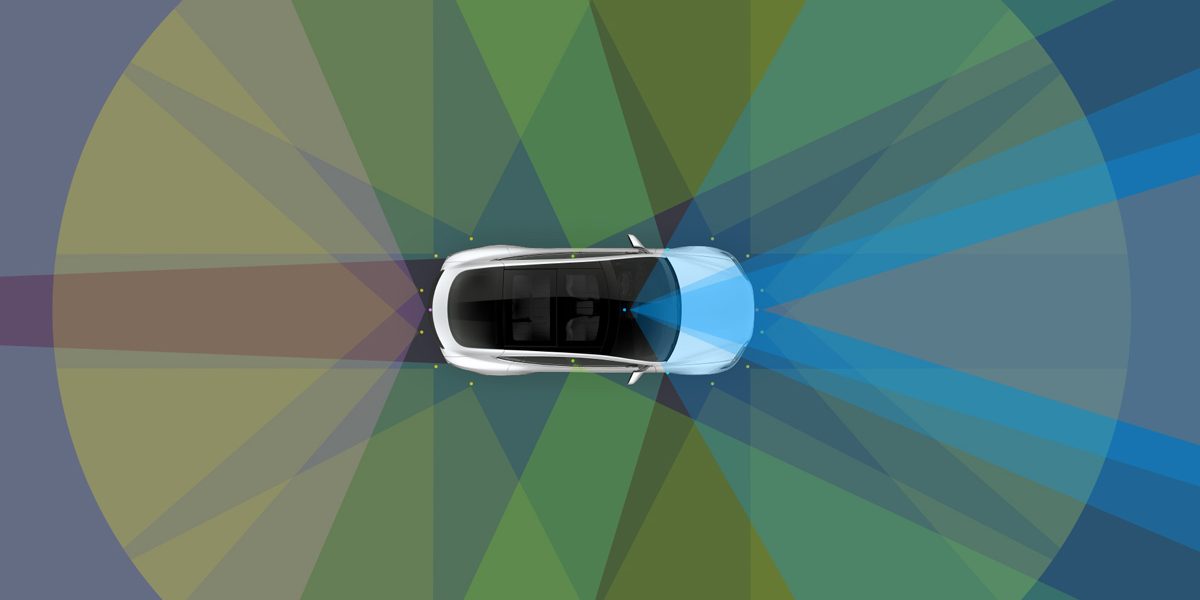
A Tesla engineer admitted in court that Tesla didn’t maintain Autopilot crash records before 2018, 3 years after launching the ADAS system, in a trial over the death of a bystander in a crash involving Autopilot.
Tesla is currently on trial in Miami over a crash involving a 2019 Tesla Model S that was operating on Autopilot.
The case attempts to place some responsibility on Tesla for creating complacency with drivers, who were led to believe Autopilot could do more than it actually could.
George McGee was driving his Model S on Autopilot in Key Largo in April 2019 when he dropped his phone and looked down to pick it up when the car blew past a stop sign at a T intersection, and crashed into a parked Chevrolet Tahoe.
22-year-old Naibel Benavides Leon and her boyfriend Dillon Angulo were standing next to the parked Tahoe. Benavides died and Angulo was seriously injured.
The police charged McGee with reckless driving, but the families of the victims sued both McGee and Tesla. McGee settled with the plaintiffs, but Tesla hasn’t.
The automaker has been sued many times over fatal crashes related to its Autopilot and Full Self-Driving systems. Recently, Tesla settled a few of those lawsuits, but this one is the first to make it to trial.
The plaintiffs allege that Tesla’s communications regarding Autopilot have led drivers, such as McGee, to become complacent and use Autopilot in a manner that led to this crash. They also claim that Tesla misrepresented the safety of Autopilot and failed to deploy proper driver monitoring to ensure its safe use.
The trial started on Monday and on Thursday, the jury heard testimony from Tesla software engineer Akshay Phatak who said that Tesla didn’t even complete records of Autopilot crashes before March 2018 (via Law360):
At the end of the first day of testimony, jurors watched part of the videotaped deposition of Tesla software engineer Akshay Phatak in which he said Tesla did not maintain records before March 2018 for evaluating whether it was safer to operate Tesla vehicles with the autopilot engaged or shut off.
When asked if Tesla maintained records or data before 2018 that kept track of the number of crashes that occurred per vehicle mile driven with the autopilot engaged, he replied simply, “No.”
That’s despite Tesla launching Autopilot almost 3 years prior. The jury will hear more of Phatak’s deposition today after Tesla attempted to keep it out of court over claims that it contains “sensitive trade secrets.”
Plaintiffs also challenged Tesla’s Autopilot safety report. We previously highlighted how Tesla suddenly stopped reporting the statistics and only started again a year later, while updating older data.
Dr. Mendel Singer testified on Tuesday and highlighted the discrepancy:
He noted that Tesla offered corrections to the vehicle safety report in January 2023 after finding some errors and miscounts. The crash data for when the autopilot was on stayed about the same, but the crash rate for when the autopilot was off went up by about 50% in the updated report, he said.
Mary Cummings, a professor and director of the Autonomy and Robotics Center at George Mason University and a longtime critic of Tesla’s self-driving efforts, is expected to testify today.
FTC: We use income earning auto affiliate links. More.












